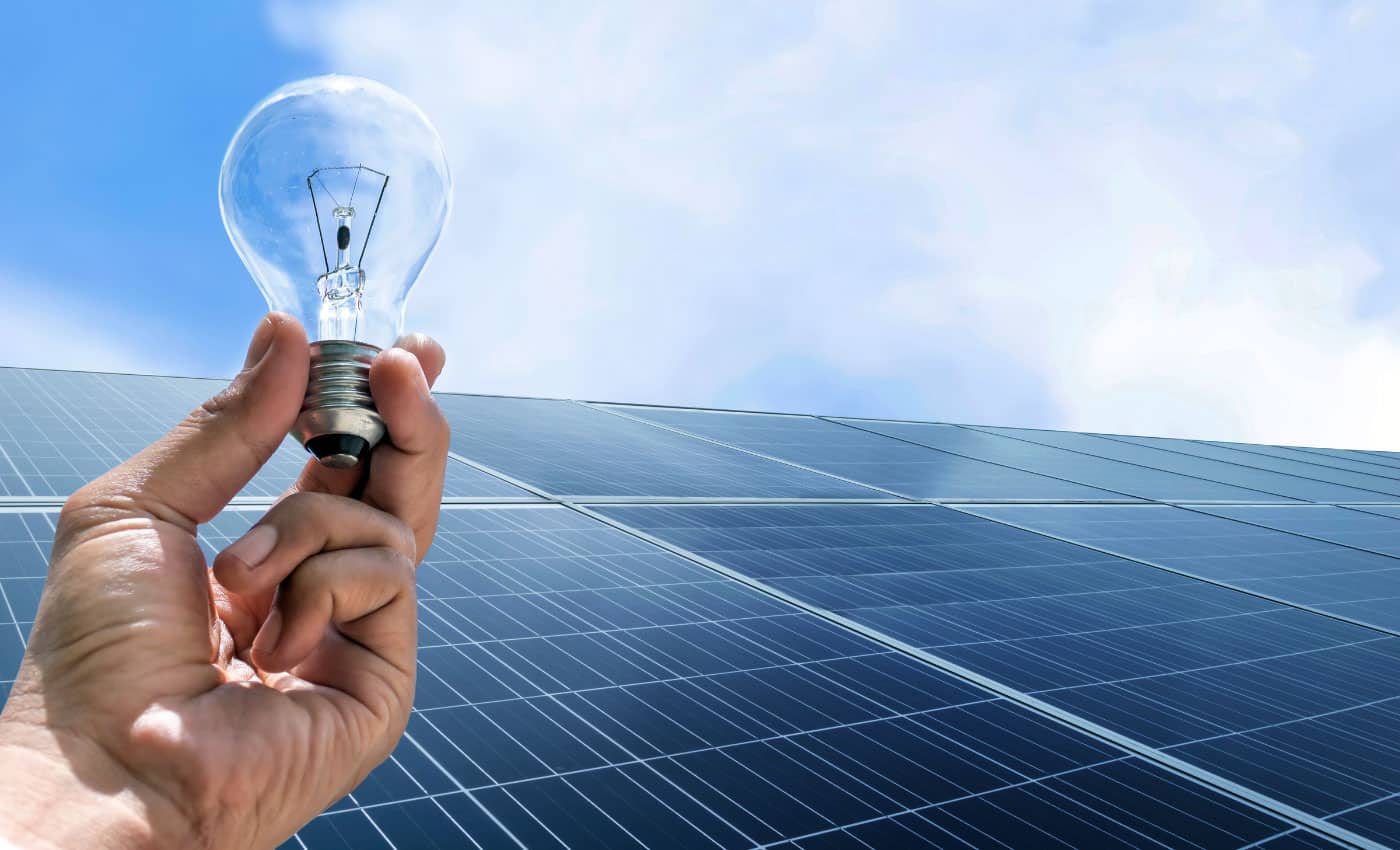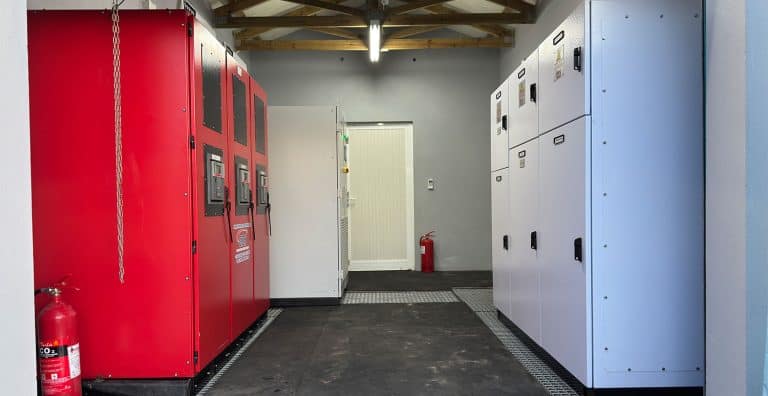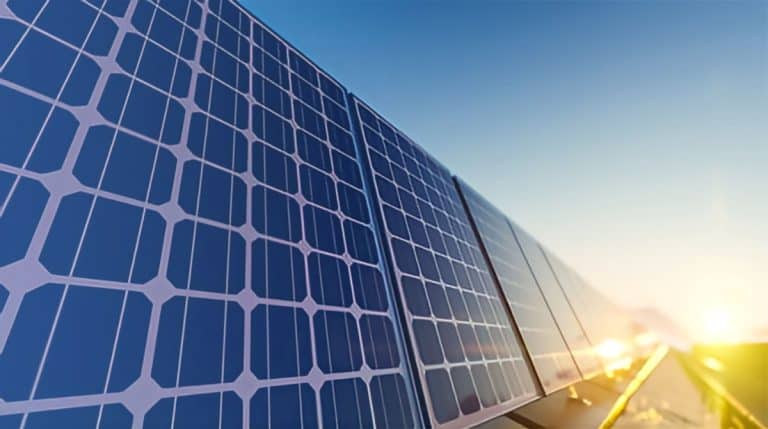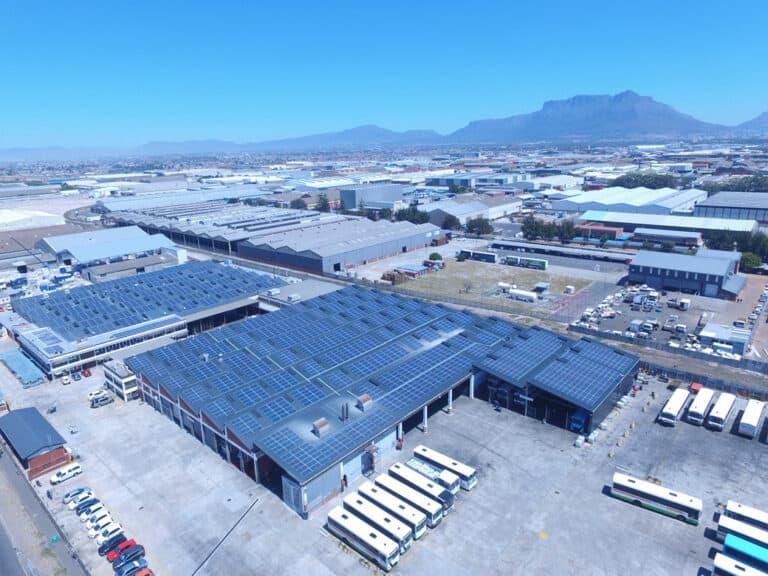What to consider if you are wondering is solar worth it
Like any major investment, installing a solar energy system is a big decision, one that is deserves careful consideration. But, as the cost of solar continues to decline and the national grid continues to be somewhat shaky, the decision to go with solar over relying on only fossil-fuel-based electricity is becoming easier and easier.
For most organisations, going solar now represents a smart long-term investment with substantial savings. While the metrics for each business are unique, depending on your site layout and energy consumption, the general rule of thumb is simple. Most solar energy systems amortize themselves over 5- 7 years while they producer power for 20 – 25 years. This shows the tremendous savings that are associated with solar energy.
Is solar worth it – key considerations
Do you own your premises, or are you renting?
Installing a solar plant is a long term investment, one that becomes associated with the property. If the property is yours, the solar plant will add value to the property. If you are renting premises, it is advisable for the property owners to get involved and participate in this decision as you won’t be able to take it with you if you leave.
Are you planning on selling your property in the next ten years?
If you plan to move in the near future, purchasing a solar system may not be worth the investment. Instead, consider options like getting the landlord to purchase the system or building up capital to invest in a solar system at your new premises.
Is your roof suited to for solar panels or you have land space?
Unfortunately, not all roofs are ideal for solar panels. This may be due to the roof’s age, how much weight it can support, the angle and position of the roof, and the surrounding area. While a roof replacement may be the answer and is already a necessary upgrade, it’s important to consider if your building is structurally able to support a solar system.
In Southern Africa, the ideal orientation of solar systems is facing north at 30 degrees. Alternately, panels on south facing roofs need to be tilted to point north. Panels facing different directions will produce less power.
It doesn’t mean solar isn’t worth it if you don’t have a perfect solar roof, but your installation may be a bit more complex (and therefore cost more) and your sun exposure might be less direct (meaning potentially less savings). New Southern Energy team can advise you on the suitability of your roof during the feasibility assessment that is done before we install any solar plant.
The other option for a solar a system is a ground-mounted system on land. The land space needs to be free from shading and in an area that receives good irradiation throughout the year.
How much will you save?
Another factor to consider when debating is solar worth it, is how much the system will save you. The first step in identifying your savings potential with solar is knowing how much electricity you use, and the rate you are paying for it. You pay your utility company or municipality for every kilowatt-hour (kWh) of electricity you use, and your rate varies significantly depending on where you are situated. This forms the first part of the calculation, with the expected output of the solar plant forming the second component.
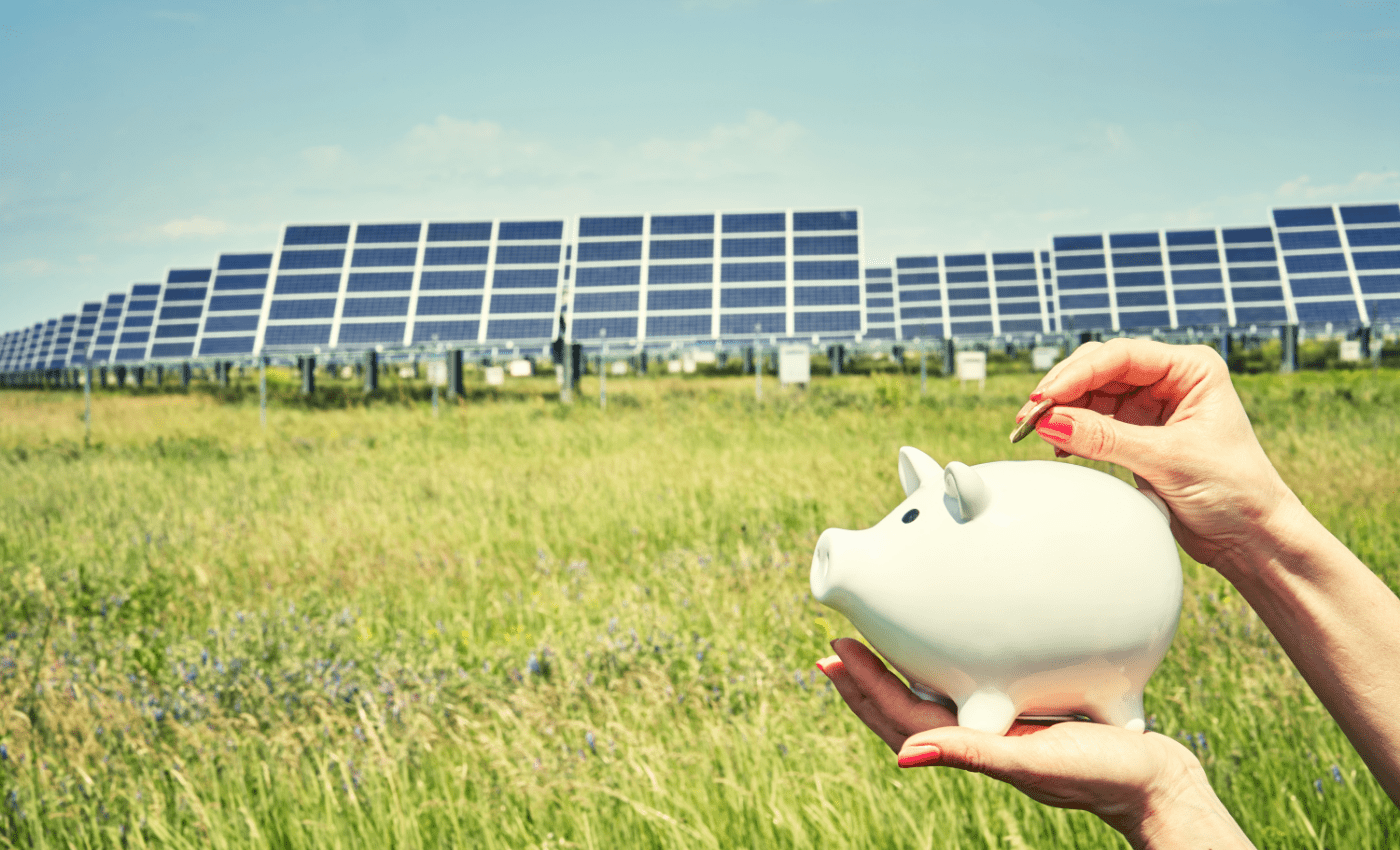
How much will your solar installation cost?
No two solar systems are the same as each solar plant is tailor made to suit the layout and requirements of each site. How much electricity you consume correlates with how much energy you will need to produce, and therefore the size your solar system needs to be. Naturally, a bigger system with more panels will have a higher average cost than a system with fewer panels.
After the feasibility study, the development work is done to determine the specifications of the solar plant that will meet your objectives. After this is done, a price can be calculated, to help determine is solar worth it for your site.
How will you pay for your solar system?
There are generally two options to finance a solar system, either a direct investment or power purchasing agreement. Whether you choose to invest in your own system or go the PPA route, will have a major impact on the metrics. While you may save more with a direct investment, the PPA option comes with other benefits such as operations and maintenance services already included.
Get multiple quotes
As with any investment, shopping for solar requires a lot of research and consideration, including a thorough review of companies in your area. By comparing multiple solar quotes, you will also get an understanding of what is involved and hopefully secure the best quality installation at the right price.


